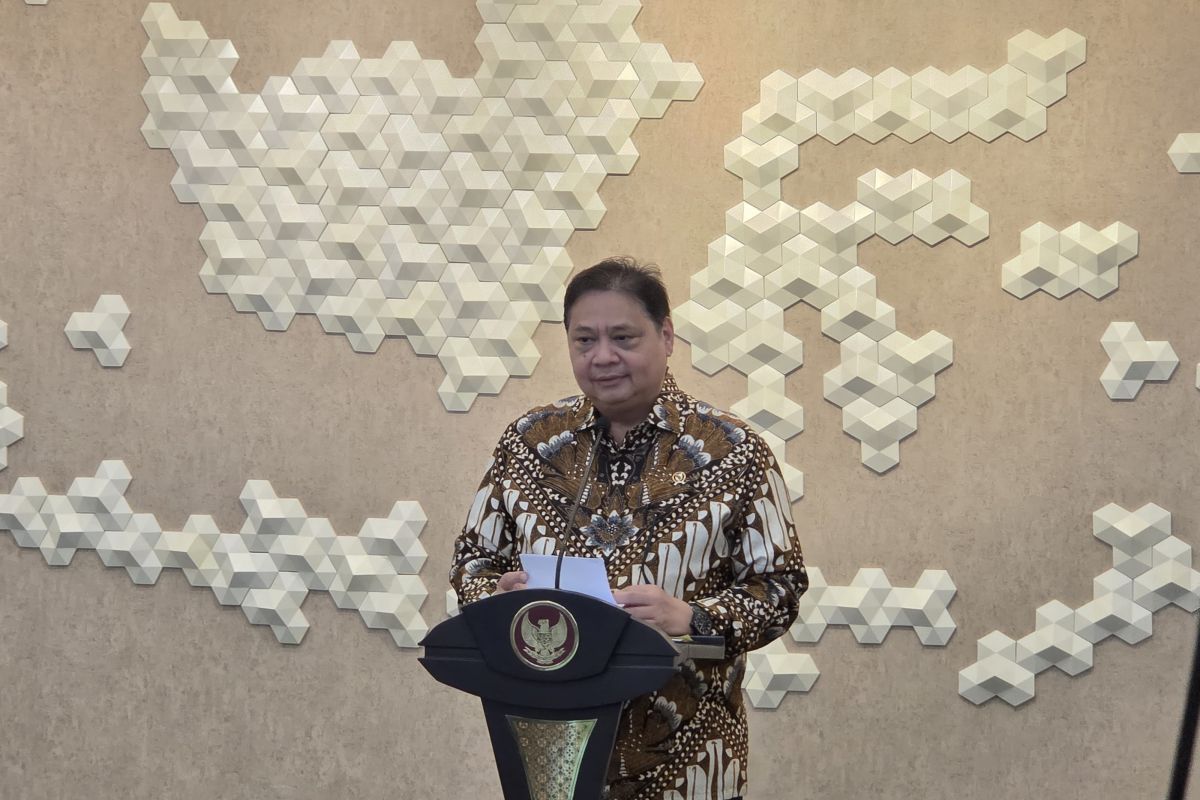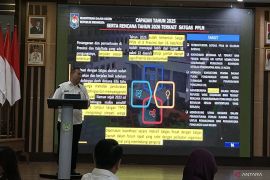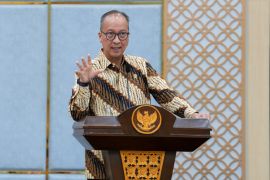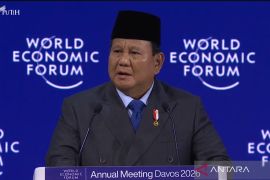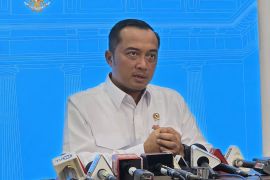The Indonesian government is continuing negotiations with the United States to lower import tariffs on several strategic commodities to below 19 percent or eliminate them entirely.
Coordinating Minister for Economic Affairs Airlangga Hartarto said that Indonesia is seeking reduced tariffs for a range of products during the talks, particularly natural resource commodities that are not produced by the US.
“These products include palm oil, coffee, cocoa, agricultural goods, and mineral products, as well as aircraft components and industrial parts in certain zones such as free trade areas,” he stated at a press conference in Jakarta on Thursday.
Although the US currently imposes a 19-percent tariff on some Indonesian exports, Hartarto said there is room for negotiation, especially for products deemed strategic and not in direct competition with US domestic industries.
He noted that the US is monitoring tariff policies from other trading partners, such as the European Union, which has granted Indonesia a zero-percent tariff for crude palm oil (CPO) under the Indonesia–EU Comprehensive Economic Partnership Agreement (I-EU CEPA).
“America sees that Europe offers us zero percent for CPO in the I-EU CEPA. That becomes a benchmark,” he explained.
Related news: Indonesia rules out raw mineral exports to US despite trade deal talks
According to the official White House website, the US and Indonesia have agreed on a framework for a Reciprocal Trade Agreement to strengthen bilateral economic ties.
Under the agreement, Indonesia will eliminate approximately 99 percent of tariff barriers for various US industrial and agricultural goods. In return, the US will maintain a 19-percent reciprocal tariff on Indonesian products, while also considering further tariff reductions for commodities not produced domestically.
Both countries also committed to resolving non-tariff trade barriers. This includes eliminating domestic component level (TKDN) requirements for certain US products and recognizing US Food and Drug Administration (FDA) certification for healthcare and pharmaceutical goods.
Additionally, the two sides will address intellectual property rights and conformity assessment procedures.
In the area of digital trade, Indonesia pledged to provide certainty on cross-border data flows, eliminate import duties on intangible digital products, and support the World Trade Organization’s (WTO) moratorium on electronic transmissions.
“In general, the joint statement outlines agreed-upon commitments. The US emphasized key priorities and political commitments from both sides, which will form the foundation of future trade agreements,” Hartarto said.
“These discussions will continue to ensure both countries’ interests are reflected,” he added.
Related news: Prabowo-Trump trade deal: Exploring Indonesia's economic advantages
Related news: Indonesia eases TKDN rules for select US tech, medical imports
Translator: Bayu Saputra, Katriana
Editor: M Razi Rahman
Copyright © ANTARA 2025
